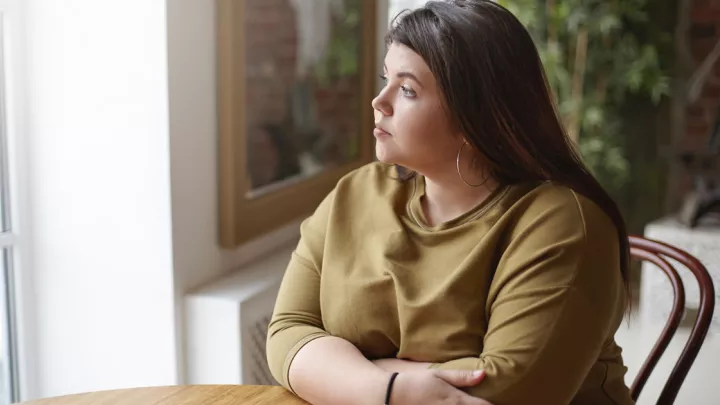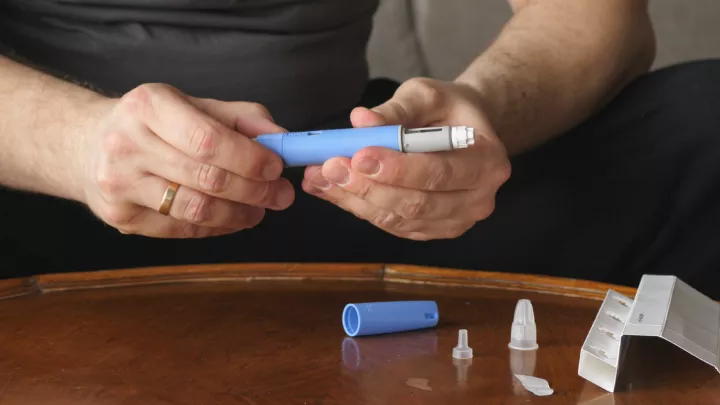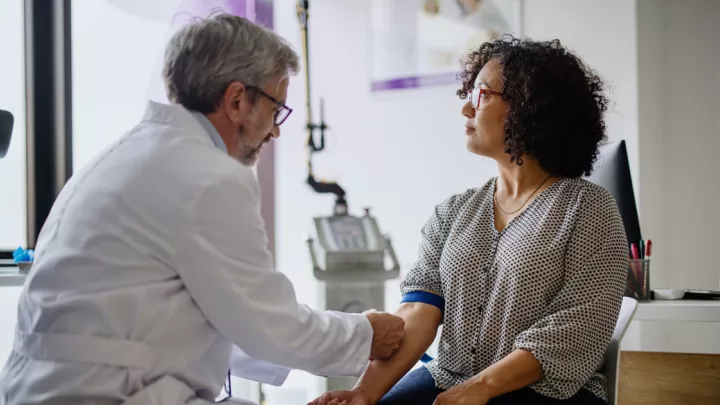You asked, we answered: How can I treat my ADHD symptoms without Adderall?

Question:
I’m having trouble finding Adderall in stock for my ADHD. What can I do for my ADHD symptoms?
Answered by psychiatrist Ryan T. Edwards, MD:
In October 2022, the Food and Drug Administration announced a widespread shortage of Adderall, a psychostimulant that health care providers frequently prescribe to treat symptoms of attention-deficit/hyperactivity disorder – ADHD. While a few manufacturers have declared they’re no longer experiencing shortages, some patients may still have trouble accessing their Adderall.
What is Adderall, and how does it help?
Adderall is a psychostimulant medication that increases the availability of dopamine in your brain. Dopamine – one of your brain’s primary neurotransmitters – helps regulate a number of functions in your brain, including impulse control, attention, focus, and pleasure and reward activities.
For patients with ADHD, Adderall increases dopamine available to your brain, especially in the parts of it – the frontal lobes – contributing to what we think causes ADHD. Increased dopamine in the frontal lobes helps your brain to “apply the brakes” more effectively in certain situations that can trigger problems associated with ADHD.
Are there withdrawal symptoms when you stop using Adderall?
Patients who have been on Adderall for quite a while – several months to years – at relatively high doses are more likely to experience withdrawal symptoms if they stop taking their prescription. These symptoms typically last approximately three days and can include headaches, irritability and sleep changes. While not medically dangerous, withdrawal can sometimes lead to unpredictable mental health issues.
Abrupt Adderall withdrawal can create a situation where your ADHD is entirely untreated. So, patients used to being adequately treated through Adderall will continue to place themselves in the same situations – like school or even riding a bike – without the extra help they received from ADHD medications.
For children and young adults, such an abrupt stop may contribute to self-esteem issues, school failure, and an increased risk of accidents like when riding a bike or around a swimming pool. Decreasing the risk of accidents is especially vital, as kids that are untreated with ADHD have a higher risk of accidents – which is the number one cause of death of children in America.
So, if parents decide not to treat their children with ADHD medicines for any reason – they ran out, cannot obtain more, or are choosing to take a break – we recommend extra monitoring and caution, especially around situations that could present danger or when they could lose a lot of school time.
Treating ADHD without medications
It’s worth noting that medication management – through medicines like Adderall or Ritalin – is one of the most effective treatment options for ADHD. Still, if you cannot obtain your prescription or decide to take a break, there are several different treatment options for patients with ADHD.
A second treatment option – aside from medication management – is behavior management therapy. This therapy can help patients or parents manage behaviors resulting from ADHD, including disruptive and oppositional behaviors. Similarly, behavior management therapy helps people – primarily children – who have difficulty completing three-step commands and following through on tasks.
Behavioral management therapy can teach parents to develop unique reward structures and management tools for children and adolescents with ADHD. Research has demonstrated these techniques are helpful both in the present and later in adolescence and young adulthood. This kind of therapy teaches patients tips and strategies to help them work around their ADHD, how it works in you, and how to accommodate it.
A third treatment option for ADHD is structural support – primarily school support. These structural supports are vital for school-age children, especially if they’re untreated with ADHD medicine. So, we usually recommend parents take the issue to the school and determine what kind of actions the school can take – like individualized education plans – to help their child.
If you’re not treating your, or your child’s, ADHD with medication, behavioral management therapy and structural supports can help accommodate individuals with ADHD.
Adderall as a treatment for ADHD
Adderall is a powerful tool to help treat ADHD. It should be seen as such if doctors and parents monitor it carefully. While many stigmas surround ADHD diagnoses and Adderall, this medicine isn’t a crutch or a sign of failure.
We’ve seen a lot of data and know that ADHD medications don’t cause substance-use disorders but should be used cautiously, especially for those who already struggle with active substance-use disorders. Similarly, these medicines have been around for 50 or 60 years, and we have immense scientific data and literature about them.
Adderall and similar medications are some of the most studied medicines we have. They’re akin to anti-hypertensive blood pressure medicines in the amount of data we have about how they work. So, we know a lot about them and – if monitored correctly and used appropriately – that they can be a robust tool for treating ADHD.






